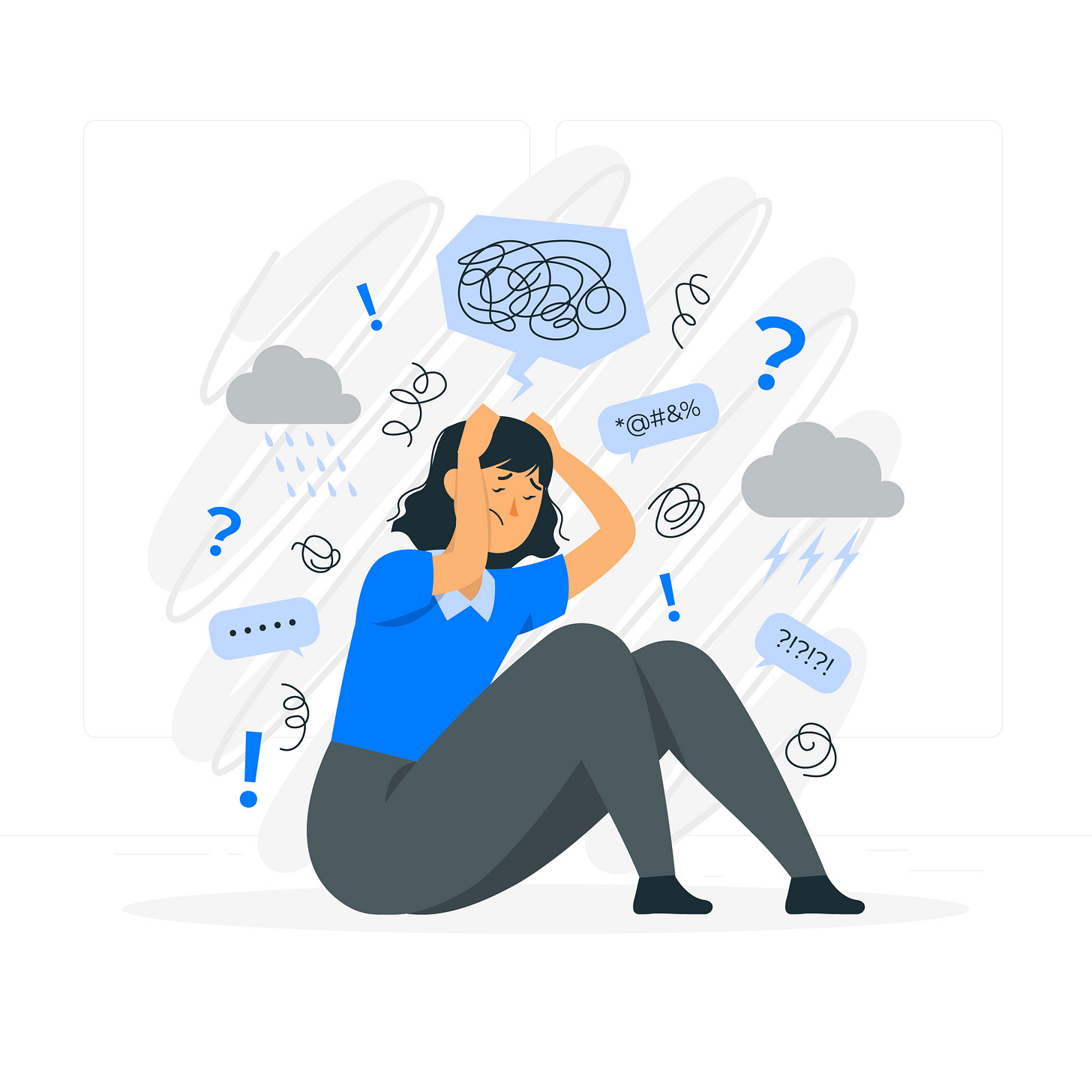Do you think you are a magician?
How fortune-telling and mind-reading are f*cking with your your body image
“I know they don’t like me so why should I even go because I’ll just get ignored.”
Marie was feeling rejected, unwanted, hopeless, lonely- lots of really tough feelings. Because her feelings were so big, they were clouding her thinking, making it hard for her to think rationally. With her feelings distorting her thinking, the unhelpful thoughts made it even harder to make decisions in line with what she really wanted. Marie wanted to feel accepted by and comfortable around her new coworkers, so getting to know them better at the company picnic would be an opportunity for that. But her cognitive distortions were getting in the way.
mind reading
-Presuming you know what someone is thinking, even though you’ve never asked.
Marie said she “knows” her coworkers don’t like her. They have not told her this and she definitely hasn’t asked whether they like her or not. There are lots of reasons it makes sense that Marie assumes she isn’t liked (because of a history of rejection in her family and trouble making friends as a child), so it isn’t like Marie is just an idiot for coming to this thought. But since we are able to recognize that this is the cognitive distortion mind reading, we can rationalize that there is actually no way to KNOW that her coworkers don’t like her. She can’t read their minds, so basing her decision on something she can’t actually know isn’t helpful.
Marie also used another cognitive distortion in her assessment of her company picnic…
jumping to conclusions
-Anticipating the worst and treating that expectation as though it is a known fact, even though it hasn’t happened yet.
Marie said she knows what will happen if she goes to the picnic with her coworkers. She has predicted the future in saying that she will get ignored.
There are lots of reasons why we often think we know whqt will happen. If I don’t bring a jacket when it’s cold out, I can predict that I’ll get cold. The point in acknowledging this cognitive distortion is not that we shouldn’t learn from the past. The point is: jumping to conclusions can keep us from living the life we want to live. When we assume the worst and let that certainty keep us from doing things that might be good for us, we are “jumping to conclusions.”
Marie might get ignored at the picnic.
She also might be the one ignoring others by staying glued to her phone.
She might stand next to someone she’s never met, start chatting, and realize she and this person grew up in the same town.
She might be approached by several of her coworkers who have also wanted to get to know her better.
She might enjoy her time, but have allergies that flair up and send her home before she wants to stop socializing.
The point is, we don’t know what will happen, so making choices that ultimately don’t help us (not going to the picnic and missing the opportunity to develop work relationships) based on jumping to a painful conclusion is faulty decision-making.
Is mind reading or jumping to conclusions a cognitive distortion you use?
Be on the lookout for these two in the coming week to see where you could use your thoughts more wisely.






